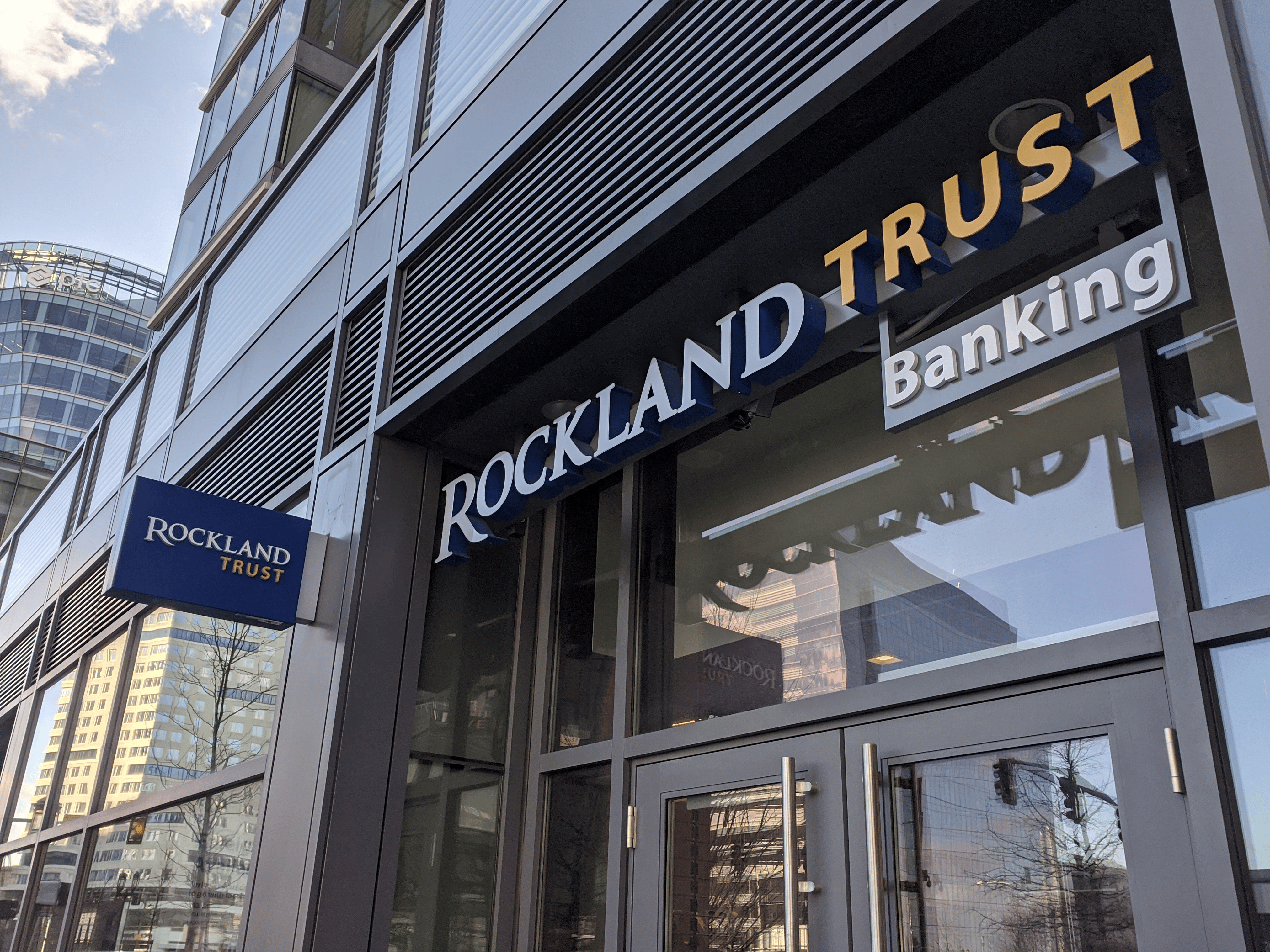Fannie Mae’s and Freddie Mac’s respective economic forecast teams have issued their 2022 predictions, and both foresee a leveling off of last year’s meteoric home price growth across the nation’s housing markets as the Federal Reserve increases interest rates to combat inflation.
The two government-owned firms are the largest buyers and securitizers of residential mortgages on the secondary market.
Fannie Mae’s economics team expects total home sales this year to decline 1.2 percent year-over-year basis, compared to 2021, with a 3.2 percent drop in existing single-family and condominium sales as increased interest rates start to bite, but a 14.9 percent increase in sales of new single-family homes as builders rush to take advantage of still-strong demand and complete orders delayed by 2021’s supply chain problems. Overall dollar volume of purchase mortgage originations will go up, however, the forecast states, as prices rise. Fannie Mae expects 7.6 percent growth in the national median sale price in 2022, up from the 5.4 percent average pace seen from 2012 to 2019 significantly slower than the 17.3 percent pace it expects to see once 2021’s home sales are fully totted up.
“We expect economic growth to continue slowing as the impacts of fiscal stimulus fade and the country’s attention increasingly turns to rising inflation,” Fannie Mae Senior Vice President and Chief Economist Doug Duncan said in a statement. “The Fed has accelerated the pace at which it intends to reduce monetary accommodation, as inflation appears more resilient than initially expected. Currently, we expect inflation to run above the Fed’s two-percent target through 2023, and for the Fed to respond by tightening over that period. The resultant rise in interest rates will likely put additional stress on housing affordability measures vis-à-vis higher mortgage rates for consumers and the continued, though decelerating, rise in home prices. While consumers still have a significantly elevated level of savings, the rate of saving has fallen such that, over time, we believe ‘excess’ saving will likely be eroded and affordability increasingly constrained. We observe an early indication of this in recent increases in debt-to-income measures associated with incoming mortgage originations.”
For its part, Freddie Mac’s economics team expects home price growth to be 6.2 percent in 2022, slowing to 2.5 percent in 2023, with total home sales in 2022 staying at roughly the same 6.9 million mark the nation saw in 2021, increasing slightly to 7 million in 2023. The researchers expect the average 30-year fixed-rate mortgage to be 3.6 percent in 2022 and 3.9 percent in 2023.
“As mortgage rates rise, we do expect some moderation in housing demand, causing house price growth to temper. However, the combination of a large number of entry-level homebuyers facing a shortage of entry-level inventory of homes for sale should keep the housing market competitive,” Sam Khater, Freddie Mac’s chief economist, said in a statement. “In 2022, we expect purchase originations to grow from $1.9 trillion in 2021 to $2.1 trillion in 2022 while refinance activity is anticipated to decrease from $2.7 trillion in 2021 to $1.2 trillion in 2022.”







